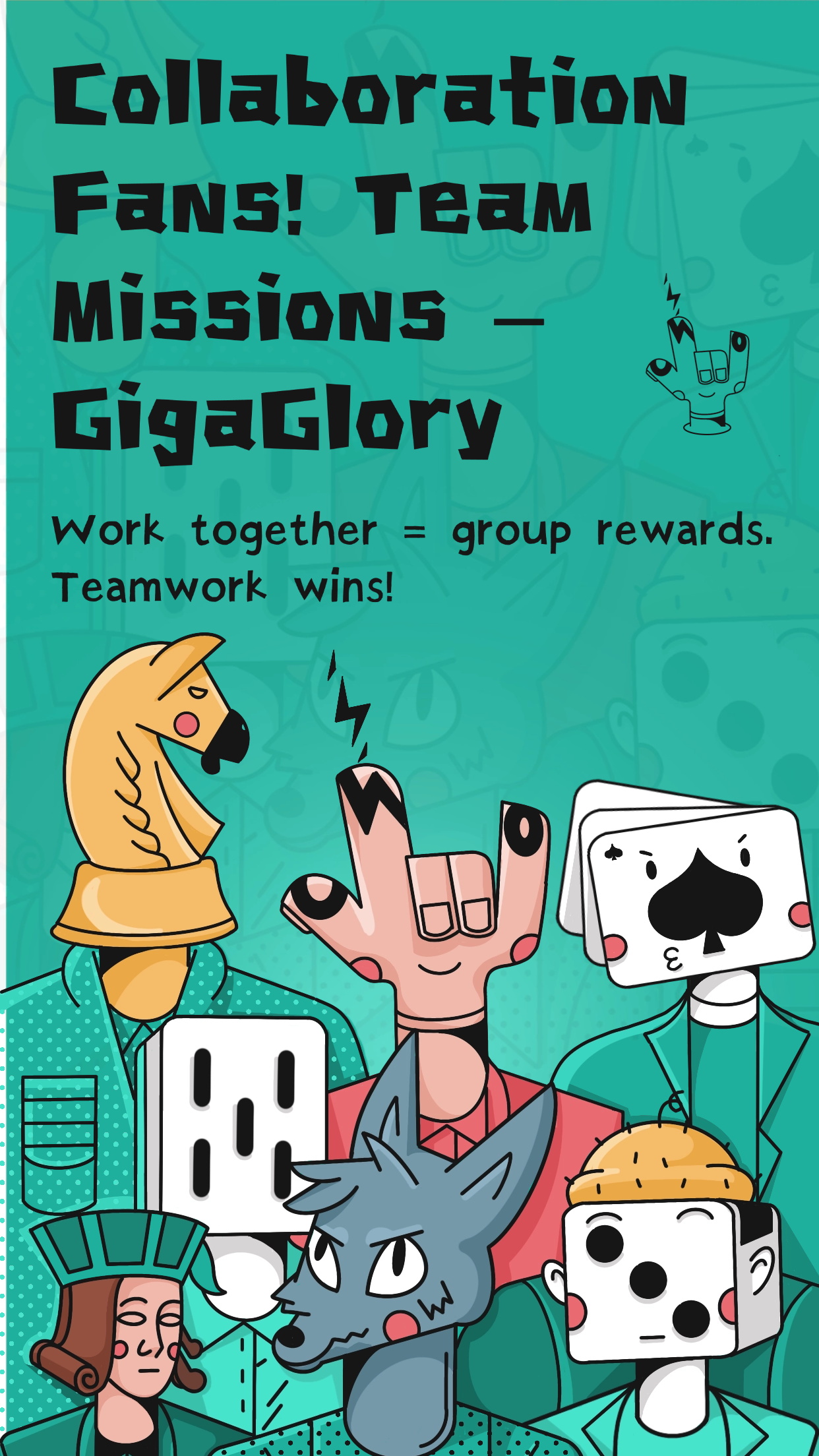Unlocking Fun and Learning: The Impact of Puzzle and Educational Games on Cognitive Development
Introduction
In today's fast-paced world, we often overlook the profound impact of play on cognitive development. Puzzle games, alongside educational games, have emerged as essential tools that not only entertain but also foster learning and mental agility. This article delves into how these gaming genres contribute to cognitive growth, particularly focusing on children.
The Rise of Puzzle and Educational Games
Puzzle games and educational games have gained remarkable popularity in recent years. They bridge the gap between fun and learning, making them effective educational tools. With titles like clash of the clans integrating strategy and problem-solving, players find themselves immersed in environments where cognitive skills are constantly challenged.
Cognitive Development Through Puzzle Games
Puzzle games stimulate various aspects of cognitive development. Here’s how:
- Problem Solving: Players are faced with challenges that require innovative solutions.
- Critical Thinking: Many of these games encourage players to think critically before making decisions.
- Memory Enhancement: Many puzzle formats enhance memory by requiring players to recall information.
The Role of Educational Games
Educational games extend learning beyond the traditional classroom. They provide engaging narratives and scenarios that motivate learners. These games incorporate educational content seamlessly, making learning enjoyable. Research indicates that learners retain information better when it’s associated with enjoyable experiences.
How Playing Puzzles Can Boost Academic Skills
Playing puzzle games can have several academic benefits:
| Skills Developed | Impact on Academics |
|---|---|
| Attention to Detail | Higher accuracy in exams and assessments |
| Logic and Reasoning | Improved performance in mathematics |
| Spatial Awareness | Better understanding of geometry |
Exploring the Benefits of Educational Games
Beyond cognition, educational games enhance social skills, emotional resilience, and creativity. Let’s explore the benefits:
- Teamwork: Multiplayer games foster collaboration and teamwork.
- Emotional Intelligence: Games often simulate real-life scenarios, helping players develop empathy.
- Creativity: Many educational games encourage creative thinking through storytelling elements.
The Neuroscience Behind Puzzle and Educational Games
Recent neuroscience research highlights how engaging with puzzles and educational games stimulates brain areas linked to memory, problem-solving, and language skills. The brain's neuroplasticity allows it to adapt through experiences, and games play a pivotal role in this development. By challenging the mind regularly, players build new neural connections.
Case Studies: Learning through Play
Let’s examine some case studies demonstrating the impact of these games.
- Study A: Children who played puzzle games showed a 20% increase in math scores over a semester.
- Study B: Educational games resulted in improved reading comprehension among underperforming students.
The Social Aspect of Puzzle Games
Puzzle games, especially those played in groups, enhance social interactions. They create shared experiences that strengthen friendships and teamwork skills. Group puzzles promote discussion and collaboration, teaching players the value of diverse perspectives.
Addressing Common Misconceptions
Despite their benefits, many dismiss puzzle and educational games as mere entertainment. However, research reveals their significant potential for educational engagement. Parents and educators should view these games as valuable learning tools rather than distractions.
Integrating Puzzle and Educational Games in Learning Environments
Teachers can incorporate puzzle and educational games into curricula. Strategies include:
- Game-Based Learning Modules
- Encouraging Group Challenges
- Using Games as Assessment Tools
DIY Puzzle Game Ideas for Home Learning
Parents seeking to enhance learning at home can create simple DIY puzzles. These include:
- Crossword Puzzles: Great for vocabulary building.
- Jigsaw Puzzles: Improve spatial skills.
- Memory Games: Enhance memory and recognition.
The Future of Puzzle and Educational Games
As technology evolves, so does the landscape of puzzle and educational games. With advancements in AI and VR, future games will likely provide even more immersive and tailored learning experiences. The potential for personalized education through gaming is boundless.
Conclusion
In summary, puzzle games and educational games are powerful tools for cognitive development. They not only enhance critical academic skills but also promote social interaction and emotional growth. Acknowledging their value in education can reshape how we approach teaching and learning—making education a fun and engaging journey. Embrace the change, and recognize how these games can unlock the potential in every learner.



